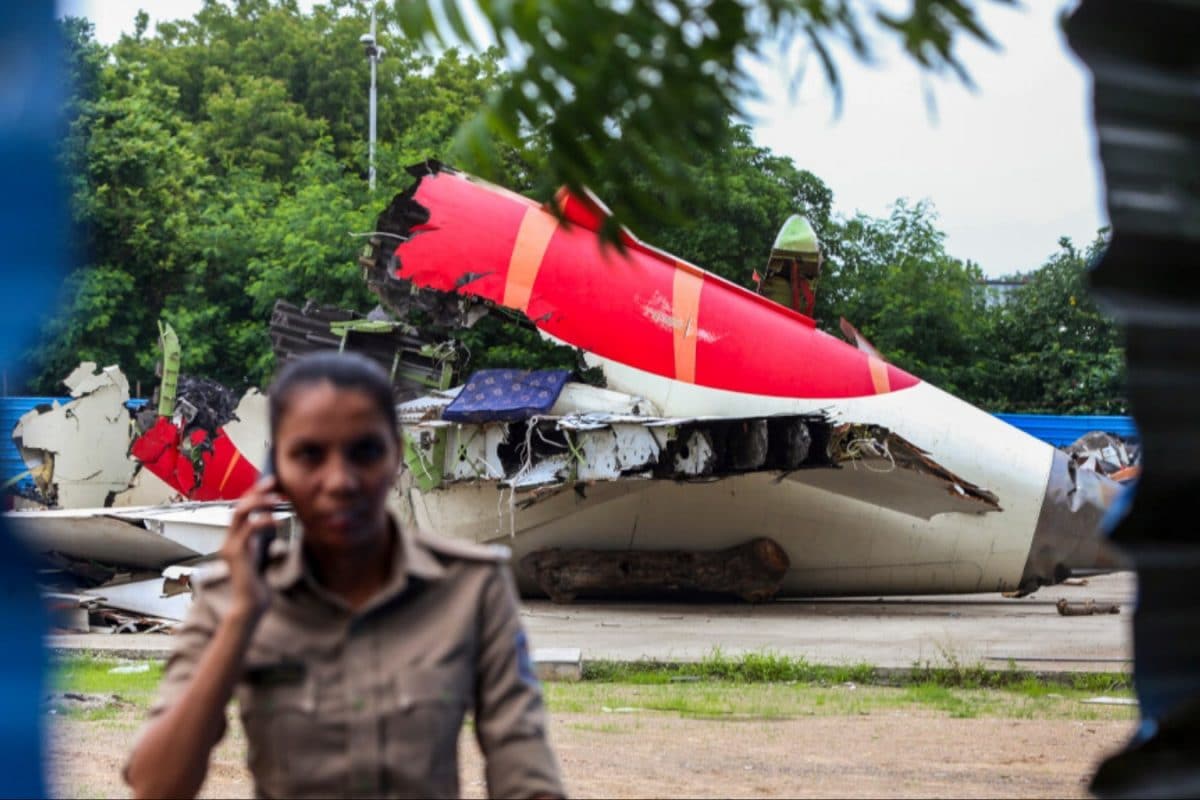

In the aftermath of the Air India Flight 171 crash in Ahmedabad on June 12, which tragically killed 260 people, investigations have revealed that the aircraft's Throttle Control Module (TCM) had been replaced twice in the six years preceding the accident. This information, detailed in a preliminary report by the Aircraft Accident Investigation Bureau (AAIB), indicates that Air India followed a directive issued by Boeing in 2019 to replace the TCM every 24,000 flight hours. The replacements occurred in 2019 and 2023.
The TCM, which includes the fuel control switches, has become a focal point in the ongoing probe. Shortly after the London-bound Dreamliner VT-ANB took off, the fuel control switches were found in the "cut off" position, leading to the abrupt shutdown of both engines. Cockpit voice recordings reportedly captured a pilot questioning why the fuel was cut off, with the other pilot denying responsibility. While the pilots attempted to regain control by returning the fuel switches to the "run" position and initiating the Ram Air Turbine (RAT) and Auxiliary Power Unit (APU), the aircraft failed to gain sufficient thrust and altitude before crashing.
Despite the focus on the fuel control switches, the AAIB's preliminary report stated that the TCM replacements were not related to any defects in these switches. Furthermore, Air India reportedly had not reported any issues with the switches since 2023. The AAIB noted that a Special Airworthiness Information Bulletin (SAIB) was issued by the FAA in December 2018 regarding the potential disengagement of the fuel control switch locking feature on Boeing aircraft. However, Air India, like many other carriers, did not carry out the suggested inspections because the SAIB was advisory and not mandatory.
The FAA and Boeing have stated that the fuel switch locks on Boeing aircraft are safe. Boeing communicated that the FAA does not consider the fuel control switch design an unsafe condition that would warrant an Airworthiness Directive.
The Air India spokesperson stated that the company is fully cooperating with the AAIB and other authorities in the investigation. Boeing also stated that it is supporting the investigation.
The incident has brought increased scrutiny of Air India's maintenance practices and regulatory oversight. In response to the crash, Indian authorities have mandated safety inspections across the country’s Boeing 787 fleet. The Directorate General of Civil Aviation (DGCA) has also been conducting special audits of airlines and airports, revealing maintenance lapses and unserviceable equipment.